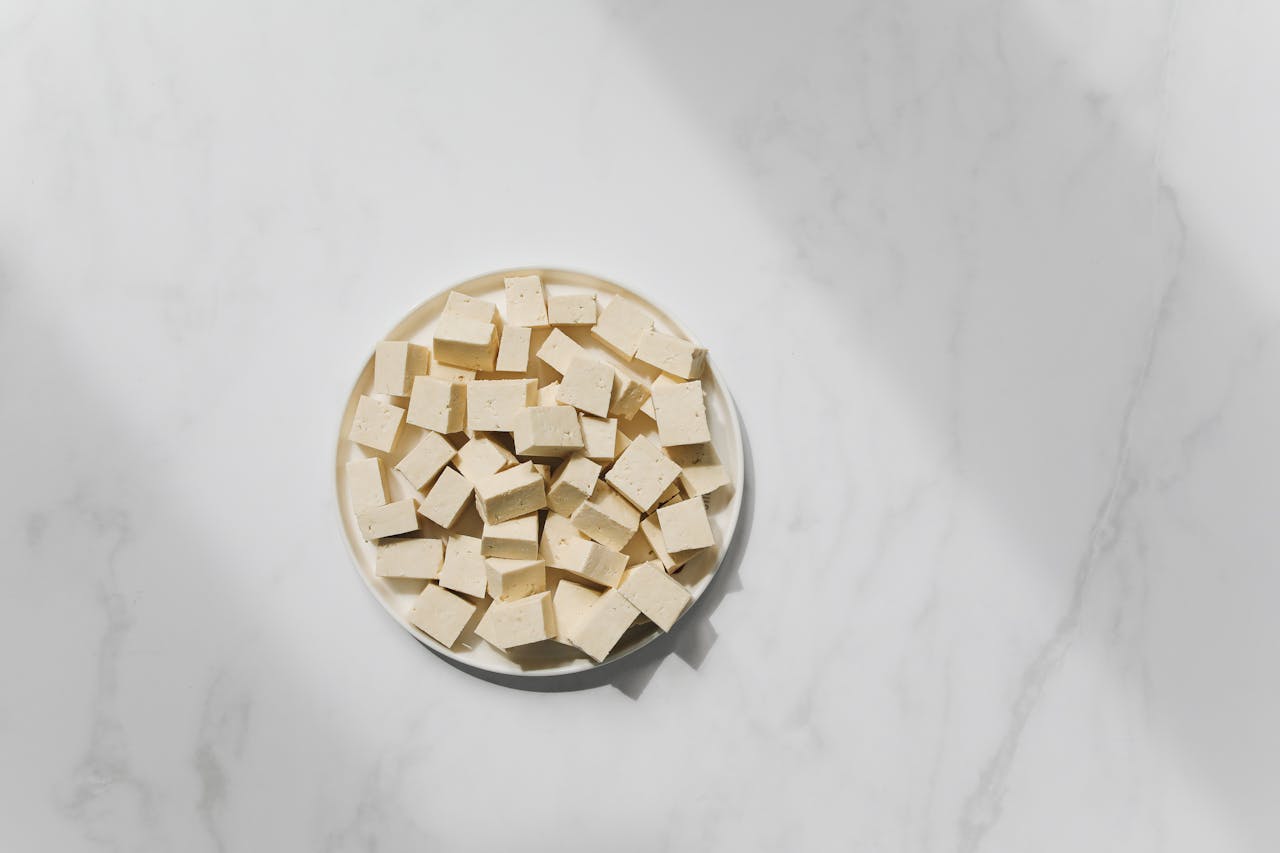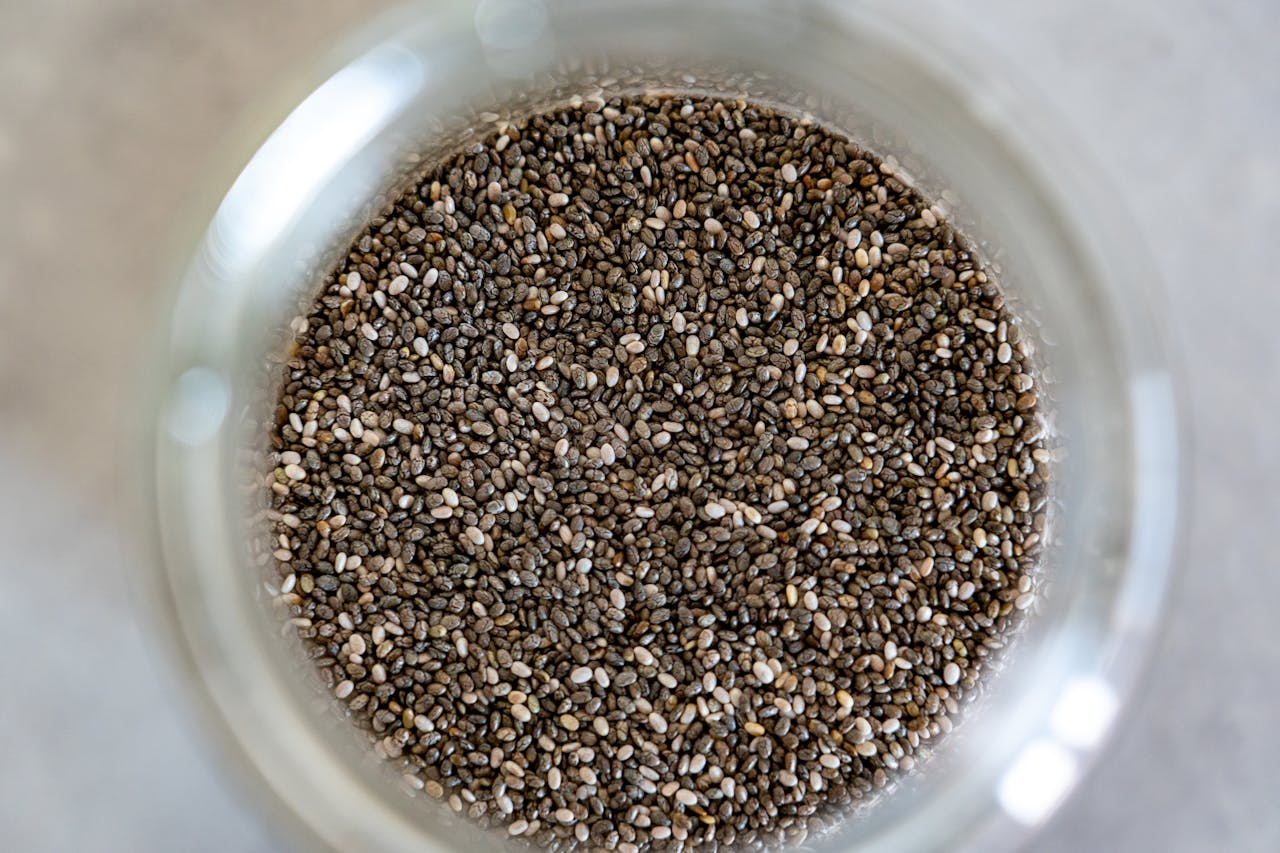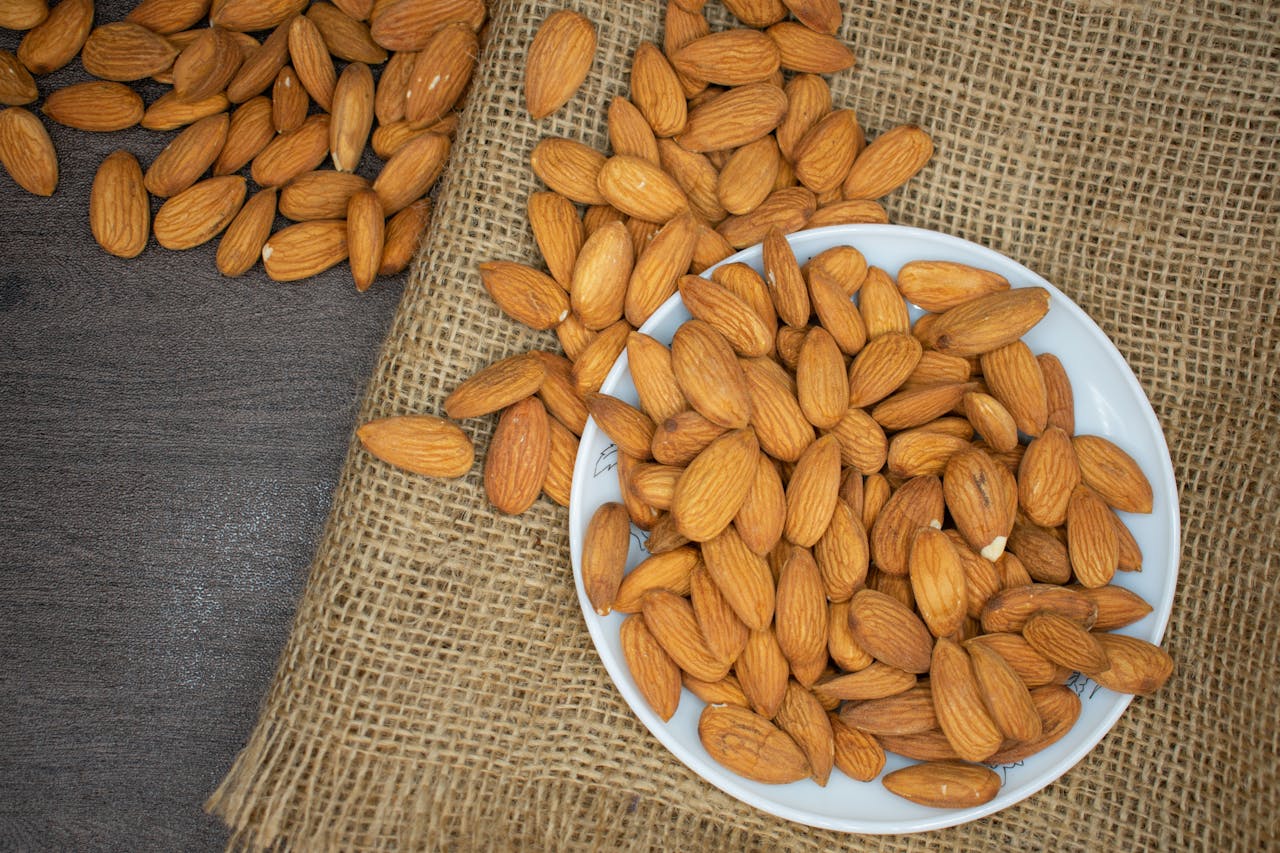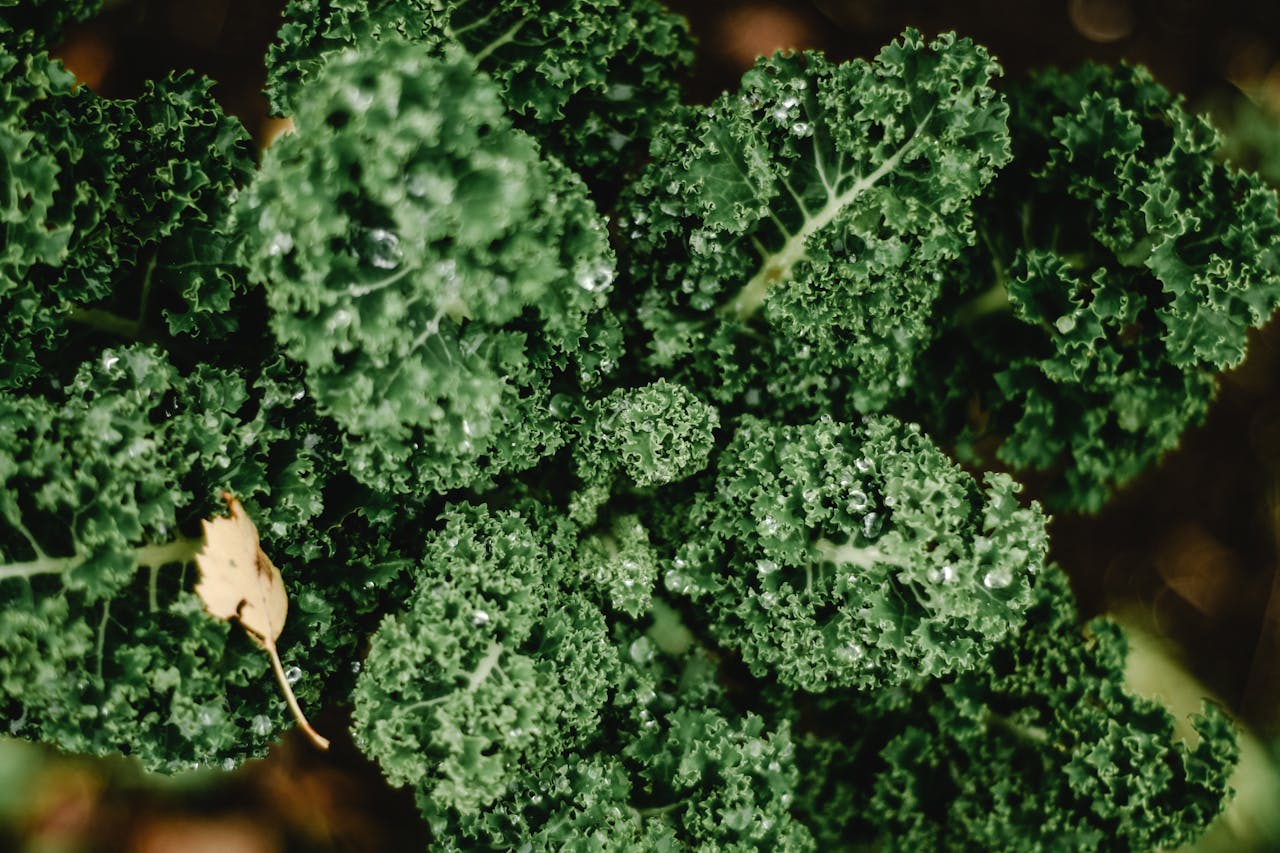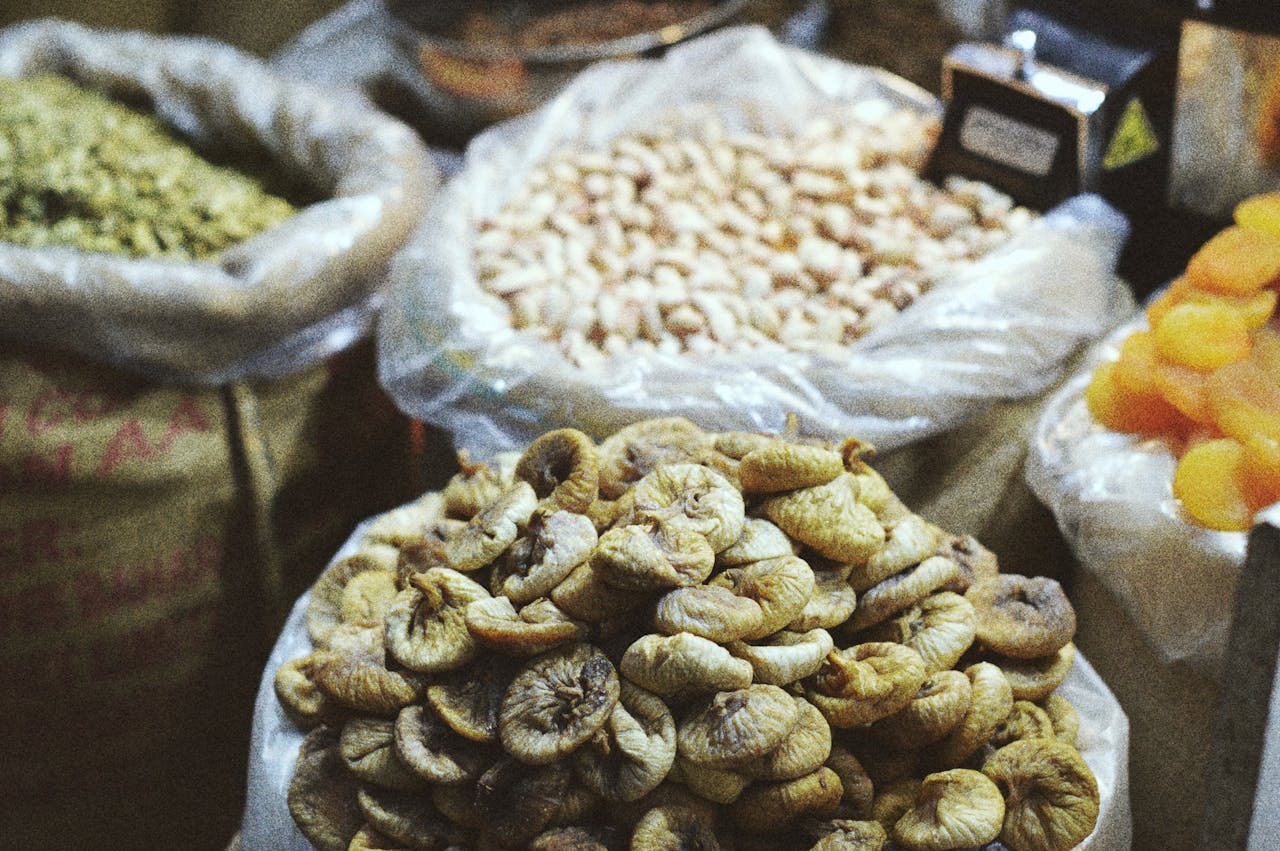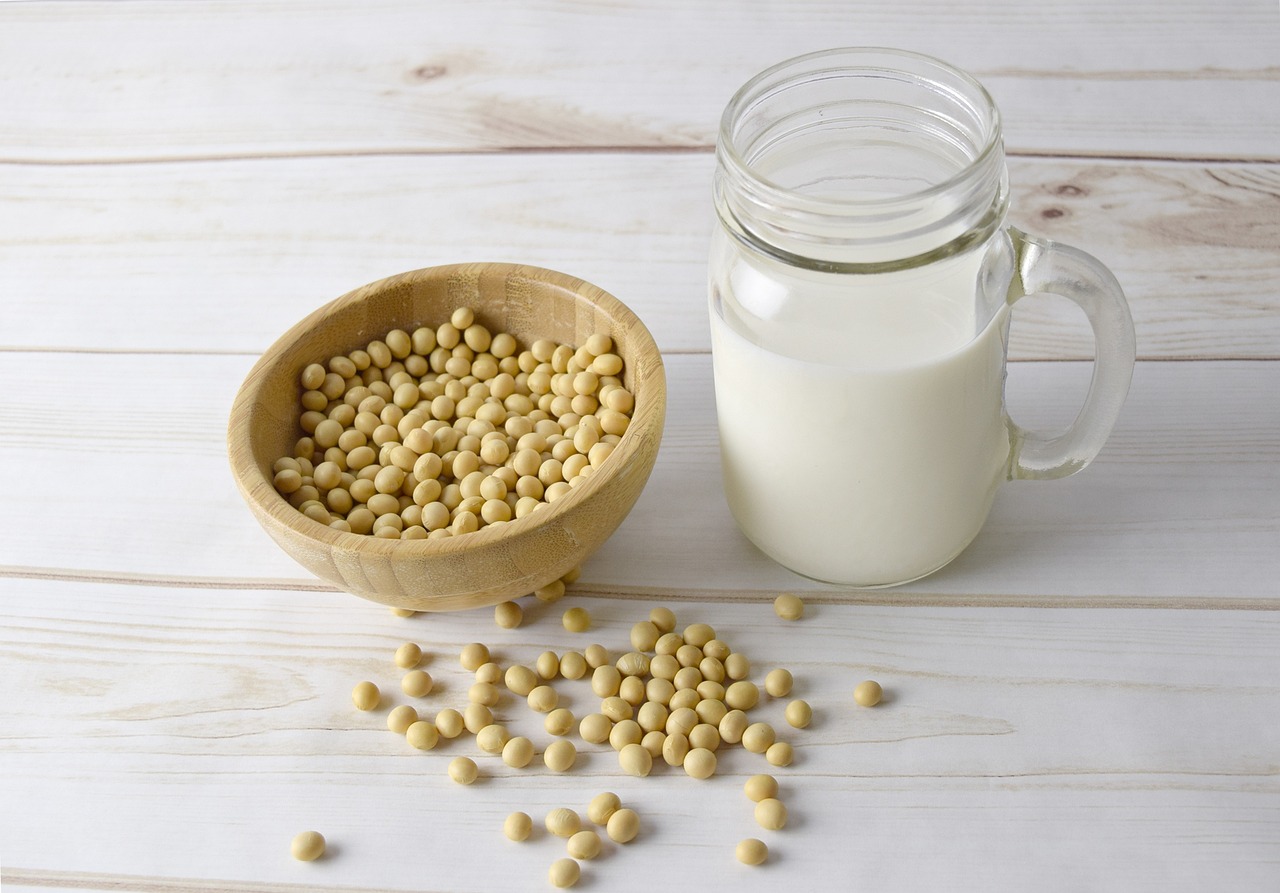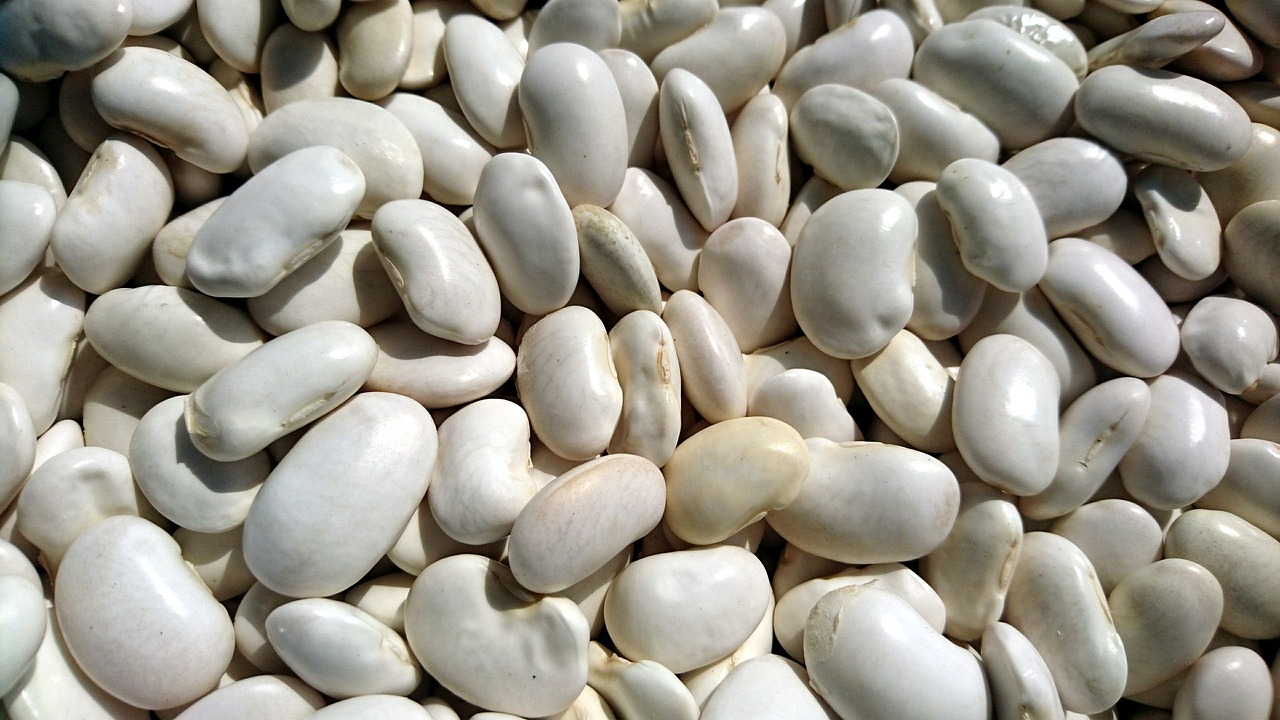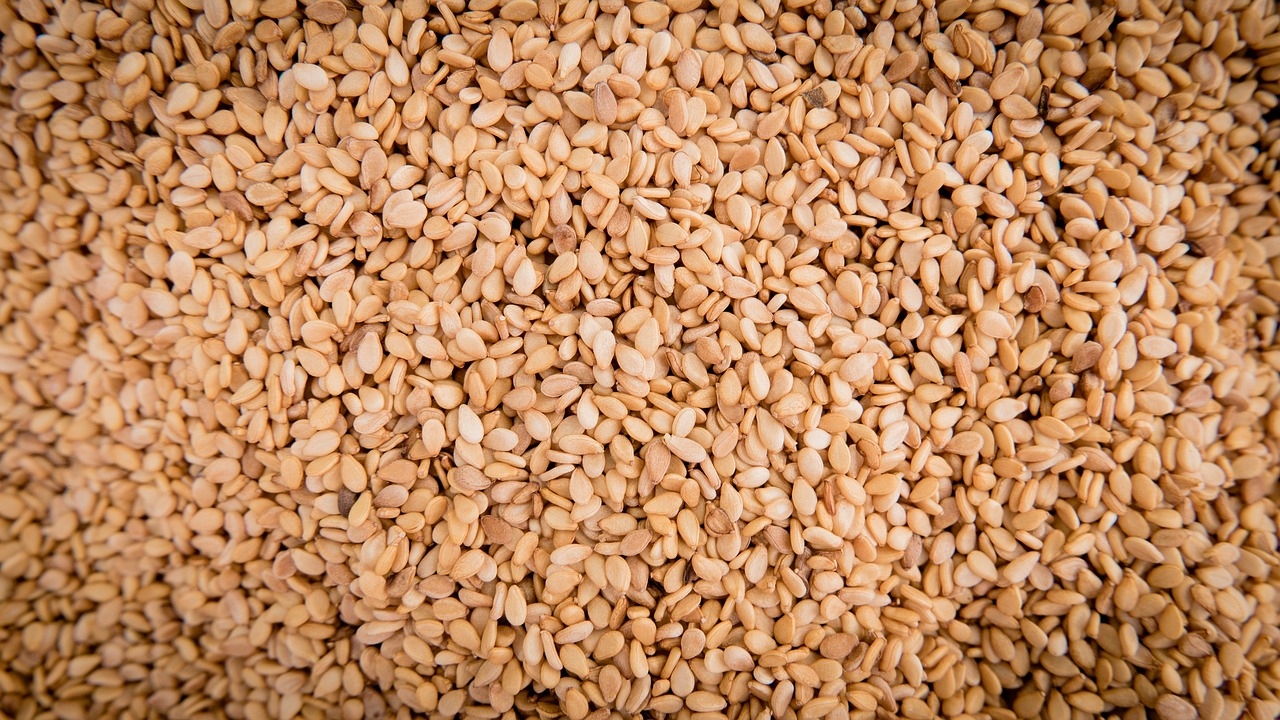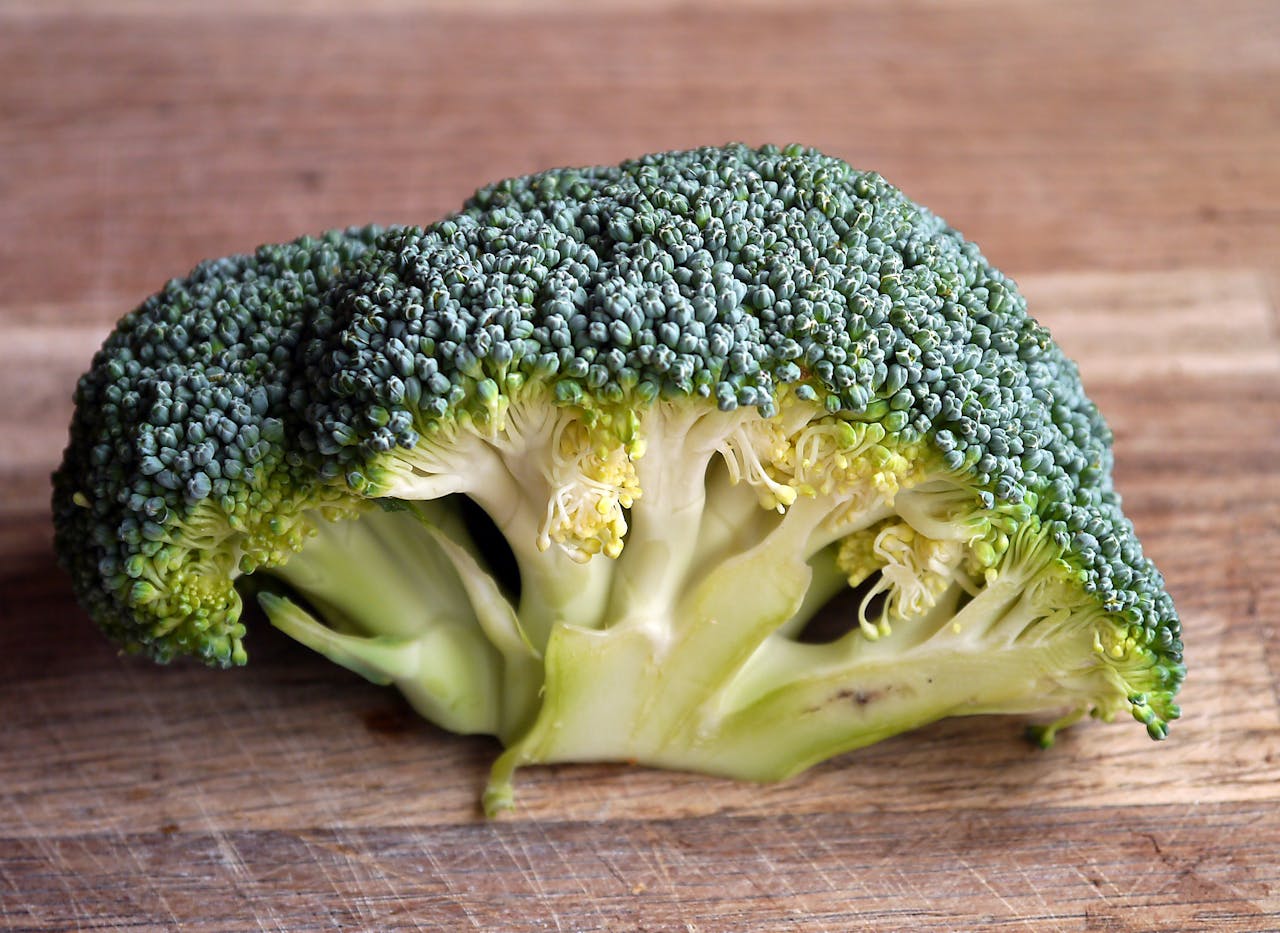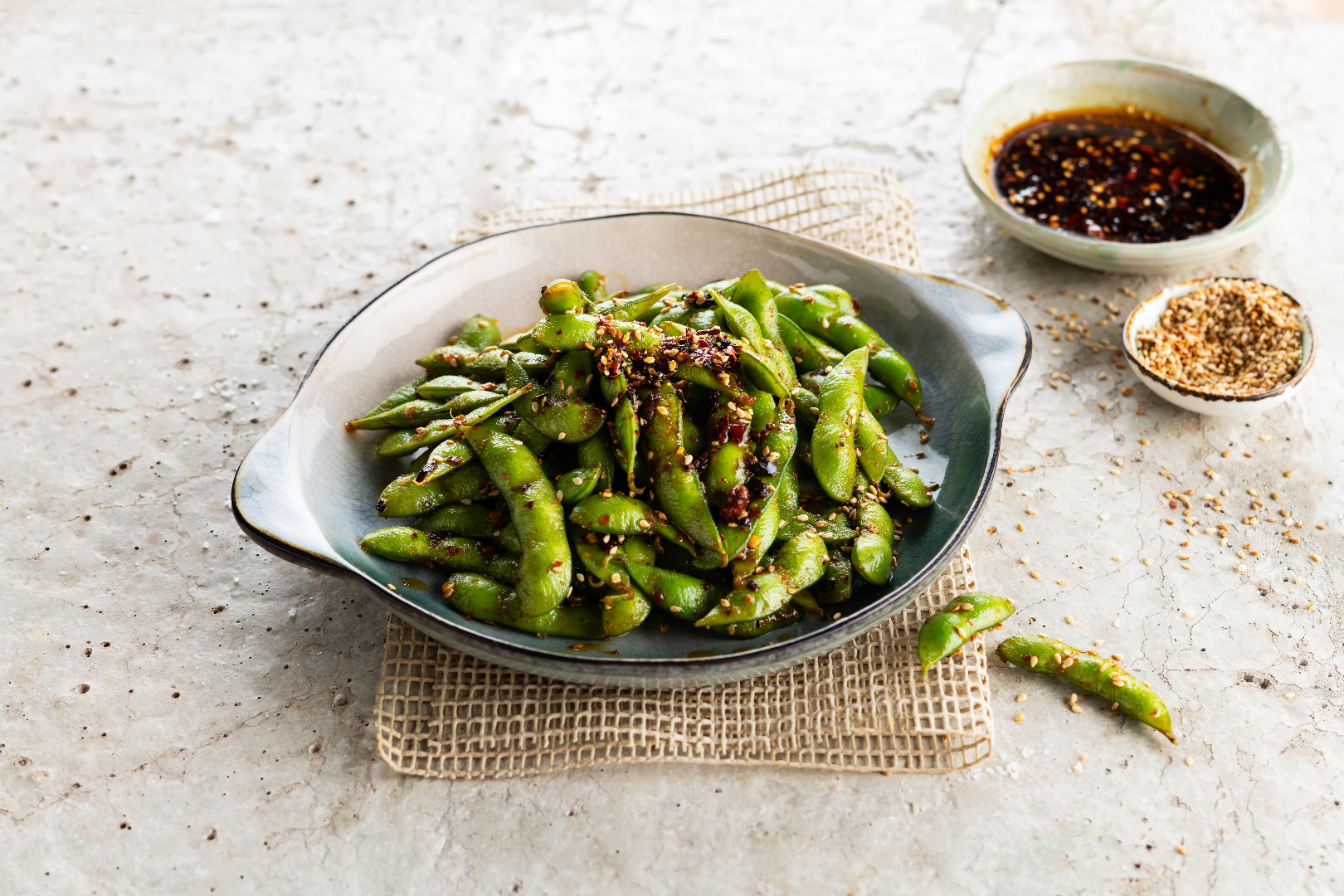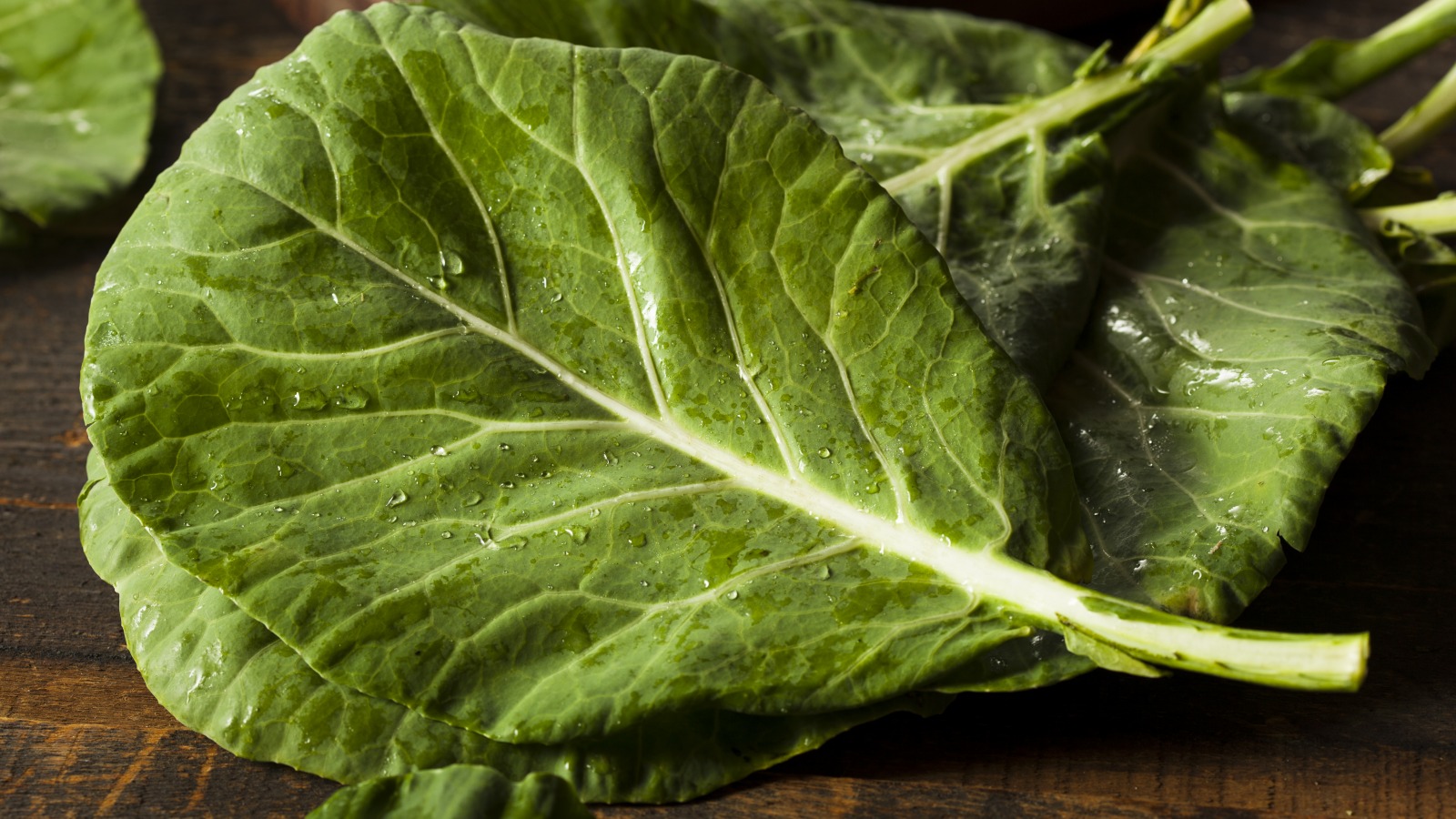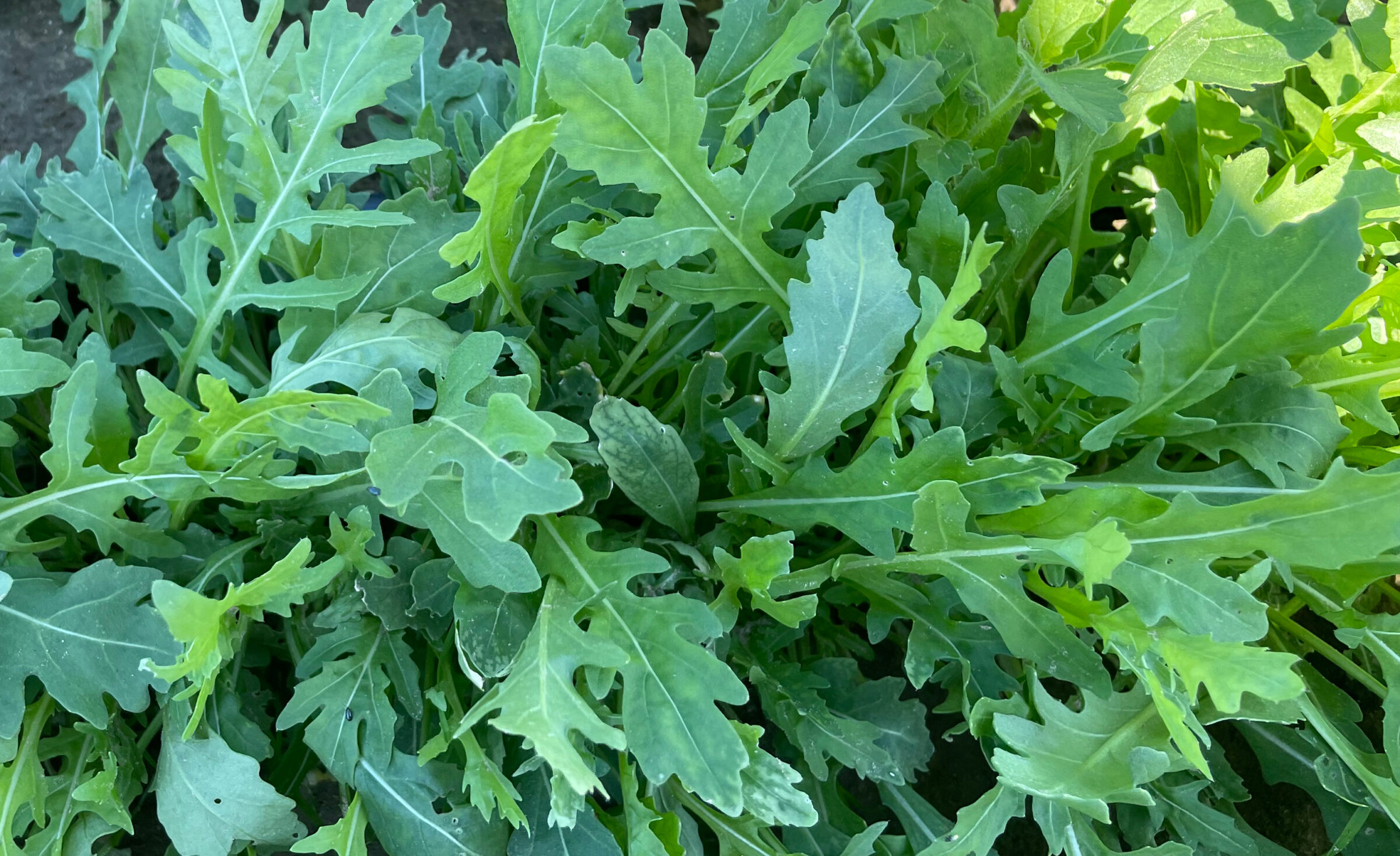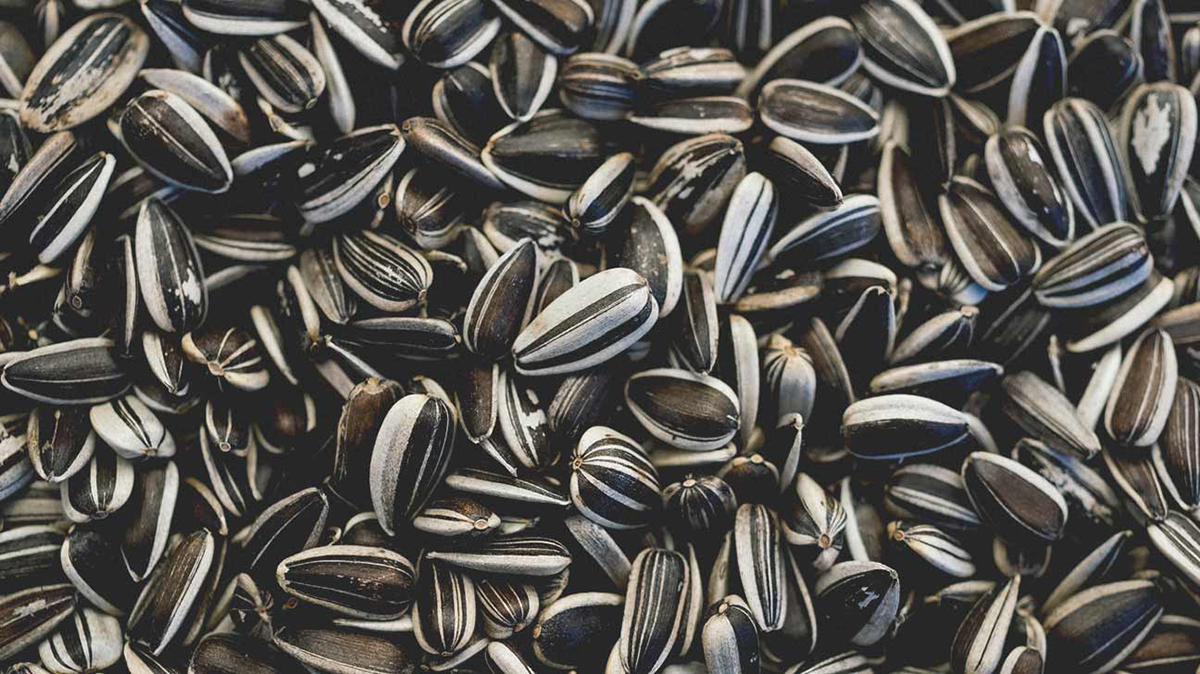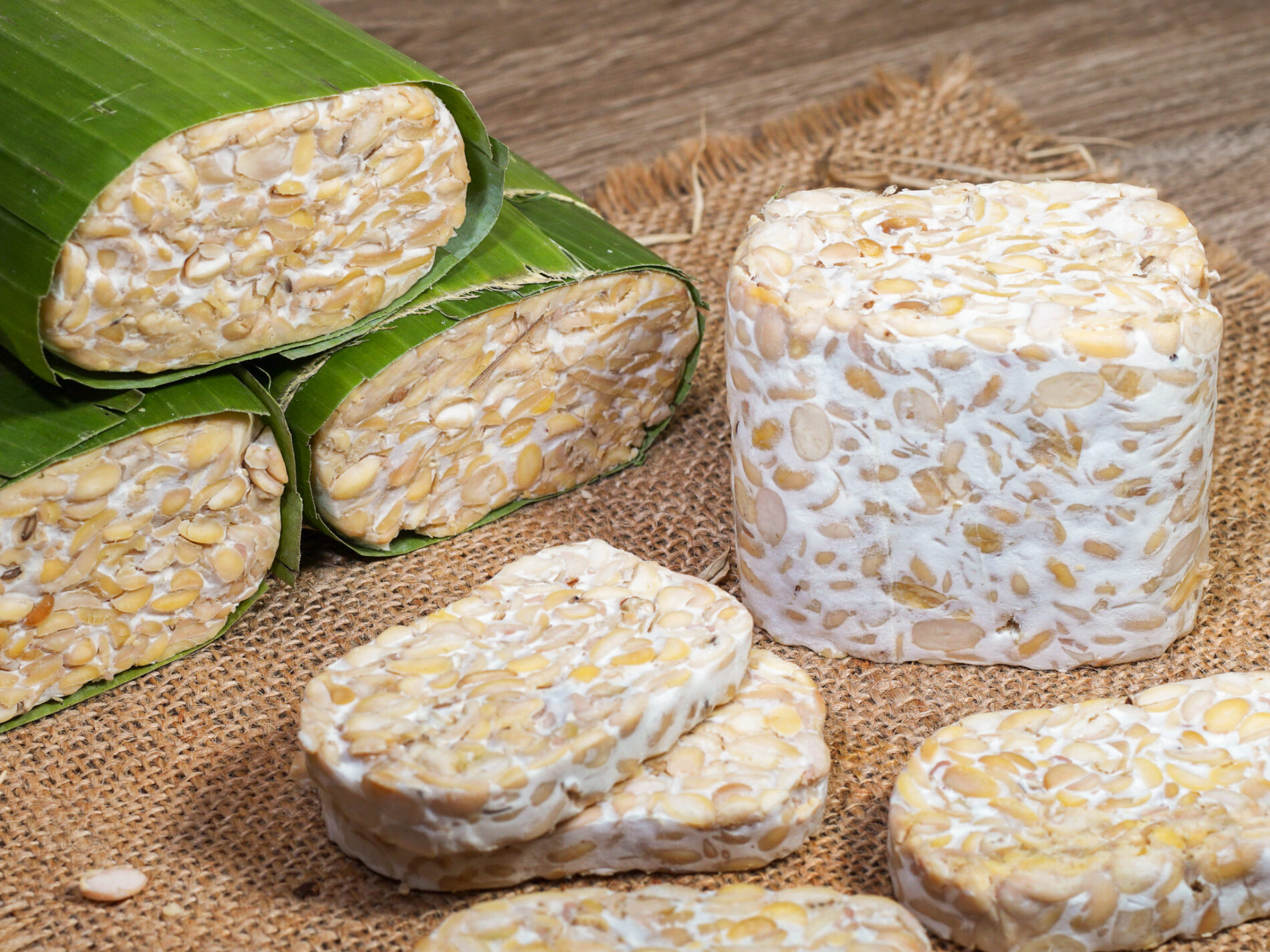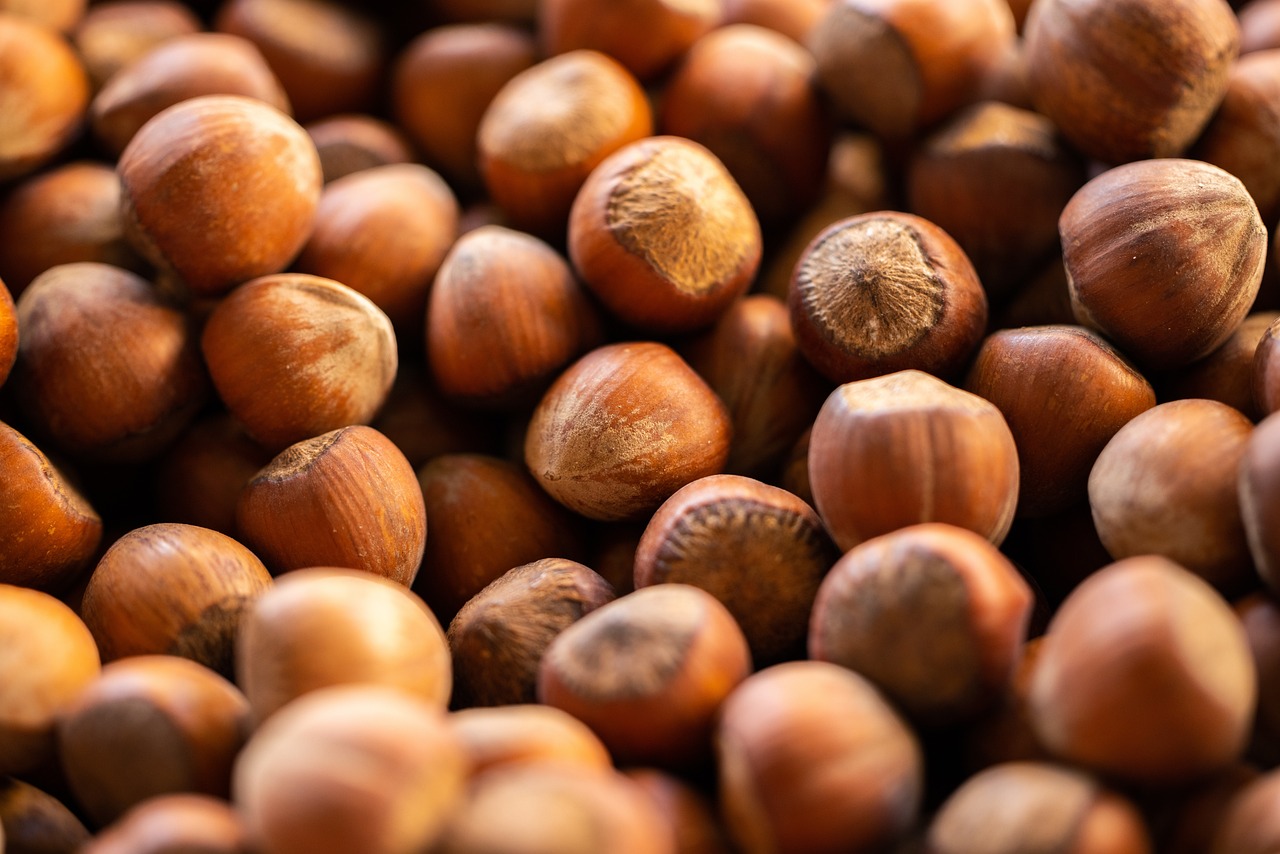20 Plant-Based Calcium Foods For Bone Health [Say Goodbye To Dairy]
Calcium is essential for healthy bones and good health, but dairy is not the only source. Plant-based calcium foods are high in minerals and provide a wide range of delicious, varied options.
![20 Plant-Based Calcium Foods For Bone Health [Say Goodbye To Dairy]](https://www.dailyhawker.com/wp-content/uploads/2025/03/6f68fae84b84bf0d/plant-based-calcium-foods.jpeg)
Dec 26, 2024
Vegan diets are frequently accompanied by fallacies, like the belief that dairy products are required for optimal calcium intake. Calcium, a mineral essential for human health, is abundant in both plants and animals.
This delicate, silvery-white metal does not exist in pure form in nature because it easily interacts with oxygen and water to generate compounds. Calcium is the most abundant mineral in the human body and is essential for overall health. The following are some of the top plant-based calcium sources.
1. Tofu
Tofu is a great plant-based source of calcium, with a content of 275-861 mg per half cup, depending on hardness and brand. To increase calcium intake, choose tofu with calcium salt as a coagulant, as stated on the label. This versatile item may be added to a variety of recipes, including stir-fries, soups, and salads, to help you get more calcium while eating a healthy, protein-packed meal.
2. Chia Seeds
Chia seeds are little but mighty, containing 179 mg of calcium in just two teaspoons. They also include boron, a mineral that improves the body's capacity to metabolize calcium, phosphorus, and magnesium, resulting in stronger bones and muscles. Sprinkle chia seeds into smoothies, cereal, or yogurt to add crunch and nutrients to your meals.
3. Almonds
Almonds provide 385 mg of calcium per cup, making them a tasty and healthful snack. However, they are high in calories and fat, so keep your servings to approximately a quarter cup.
Almonds are high in healthful monounsaturated fatsand are beneficial to both bone and heart health. They can be eaten fresh, roasted, or cooked into your favorite cuisines.
4. Kale
Kale is a nutrient powerhouse, containing around 180 milligrams of calcium per 2 cups of raw, chopped leaves. This low-calorie leafy green also contains antioxidants that help prevent cellular damage. Its adaptability allows you to use it into salads, smoothies, or as a sautéed side dish.
5. Dried Figs
Dried figs are a tasty and nutritious snack, containing 241 mg of calcium in around eight pieces (1 cup). These fiber-rich fruits are also high in antioxidants, which add to the benefits of a fiber dietand make them an ideal snack or component in recipes. Crush them into a creamy jam or take them as a midday snack for an excellent way to boost bone health.
6. Soy Milk
Fortified soy milk has around 300 mg of calcium per cup, which is equivalent to the amount found in cow's milk. It's also high in vitamin D and lower in saturated fat than whole milk.
Soy milk supplemented with calcium carbonate offers the most nutritional benefits. Use it as a substitute in your coffee, cereal, or recipes for a plant-based option that encourages strong bones.
7. White Beans
White beans include 161 mg of calcium per cup, making them a low-fat and nutrient-dense choice for your meals. These beans are also high in iron, which makes them even more helpful to your health. Add them to soups, salads, or hummus for a tasty and calcium-rich meal.
Read Also: Plant-Based Sources Of Iron You Need In Your Diet
8. Amaranth
Amaranth is an ancient grain that contains around 116 mg of calcium per cooked cup, making it a great non-dairy calcium source. This gluten-free grain is also high in protein, iron, magnesium, and dietary fiber, which promote general health and digestion.
9. Sesame Seeds
Just one tablespoon of sesame seeds contains 88 milligrams of calcium. These seeds are also high in zinc and copper, which promote bone health.
Toast them to add flavor, then sprinkle them on salads or bake them into bread. Their nutty flavor and nutrient profile make them an enjoyable and nutritious addition to your diet.
10. Broccoli
A cup of frozen broccoli contains 87 mg of calcium, as well as vital vitaminsand antioxidants. This cruciferous vegetable is low in calories and has a wide range of culinary applications. Steam, roast, or add broccoli to stir-fries for a quick and healthful calcium boost.
11. Edamame
One cup of cooked edamame offers 98 mg of calcium, high-quality protein, and all nine necessary amino acids. Edamame, whether eaten as a snack or mixed into salads and bowls, is a tasty and practical method to boost your calcium intake.
12. Sweet Potatoes
Sweet potatoes provide 68 mg of calcium per large potato and are high in potassium, vitamins A, and C. Low in fat and calories, they are a flexible vegetable that may be baked, roasted, or mashed to make a nutritious and filling addition to your meals.
13. Mustard And Collard Greens
Mustard greens give 64 mg of calcium per cup, but collard greens provide 84 mg. These nutrient-dense leafy greens can be served raw in salads or sautéed for a warm and tasty side. Their high vitamin and mineral content make them an excellent addition to any meal.
14. Oranges And Orange Juice
A large orange has 74 mg of calcium, but a glass of calcium-fortified orange juice can have up to 300 mg. Oranges are a delicious snack, and fortified orange juice is an easy way to boost your calcium consumption for breakfast or throughout the day.
15. Arugula
Arugula has 32 mg of calcium per cup, although its low calorie and high water content allow for greater serving sizes. Eating three to four cups in a salad or as a garnish will increase your calcium intake. Its peppery flavor lends a refreshing and distinct flavor to foods.
16. Butternut Squash
Butternut squash has 84 mg of calcium per cup, as well as plenty of vitamins A and C. This versatile vegetable can be roasted, mashed, or cooked into soups, providing a healthful and flavorful approach to increase calcium consumption.
See Also: What Is The Best Way To Make Quick Vegan Cheese Sauce?
17. Sunflower Seeds
Sunflower seed kernels contain 109 mg of calcium per cup, in addition to magnesium, vitamin E, and copper. To avoid high sodium levels, choose raw, unsalted seeds and eat them as a snack or sprinkle them over salads for extra crunch and nutrition.
18. Okra
Okra has 82 mg of calcium per cup and is high in protein, fiber, and important minerals such as iron and zinc. Okra, whether boiled, fried, pickled, or roasted, is a versatile vegetable that promotes bone health and nourishment.
19. Tempeh
Tempeh is a nutrient-dense fermented soybean product containing about 184 mg of calcium per cup. Tempeh, with its firm texture and nutty flavor, is a great accompaniment to any meal. It's also high in plant-based protein, probiotics, and other vital elements like iron and magnesium.
20. Hazelnuts
Hazelnuts are a crisp and delicious nut that provides around 114 milligrams of calcium per cup. They also include beneficial monounsaturated fats, vitamin E, magnesium, and antioxidants that enhance general health. Their rich, buttery flavor makes them a delicious snack or a great addition to baked products and savory recipes.
Frequently Asked Questions
What Are Some Calcium-fortified Plant-based Foods?
Plant milks such as almond, soy, and oat milk, as well as orange juice, cereals, and calcium sulfate-based tofu, are examples of calcium-fortified foods.
Can A Vegan Diet Provide Enough Calcium For Strong Bones?
A well-planned vegan diet that includes calcium-rich plant foods and fortified choices can help meet calcium requirements and promote strong bones.
How Does Calcium From Plants Compare To Calcium From Dairy?
Plant-based calcium can be just as beneficial as dairy calcium for bone health, especially when taken from many sources to ensure absorption.
Are There Any Plant Foods That Block Calcium Absorption?
Certain foods, such as spinach and rhubarb, contain oxalates, which can inhibit calcium absorption. However, eating a variety of plant-based foods helps to balance this.
Is Vitamin D Necessary For Calcium Absorption?
Vitamin D is necessary for calcium absorption. Vegans can receive it through fortified foods, supplements, or enough sun exposure.
Conclusion
Calcium is necessary for the proper functioning of your bones, muscles, circulatory and neural systems. Despite its importance, many people, including vegans, do not consume enough of this essential mineral.
While dairy is commonly regarded as the primary source of calcium, many plant-based foods naturally contain this mineral. Many meals are calcium-fortified, making it easier to achieve your daily requirements. Variety is essential for a well-rounded vegan diet, as it ensures adequate calcium intake.
You Might Also Like: Quick Vegan BBQ Ideas For Your Next Outdoor Gathering
